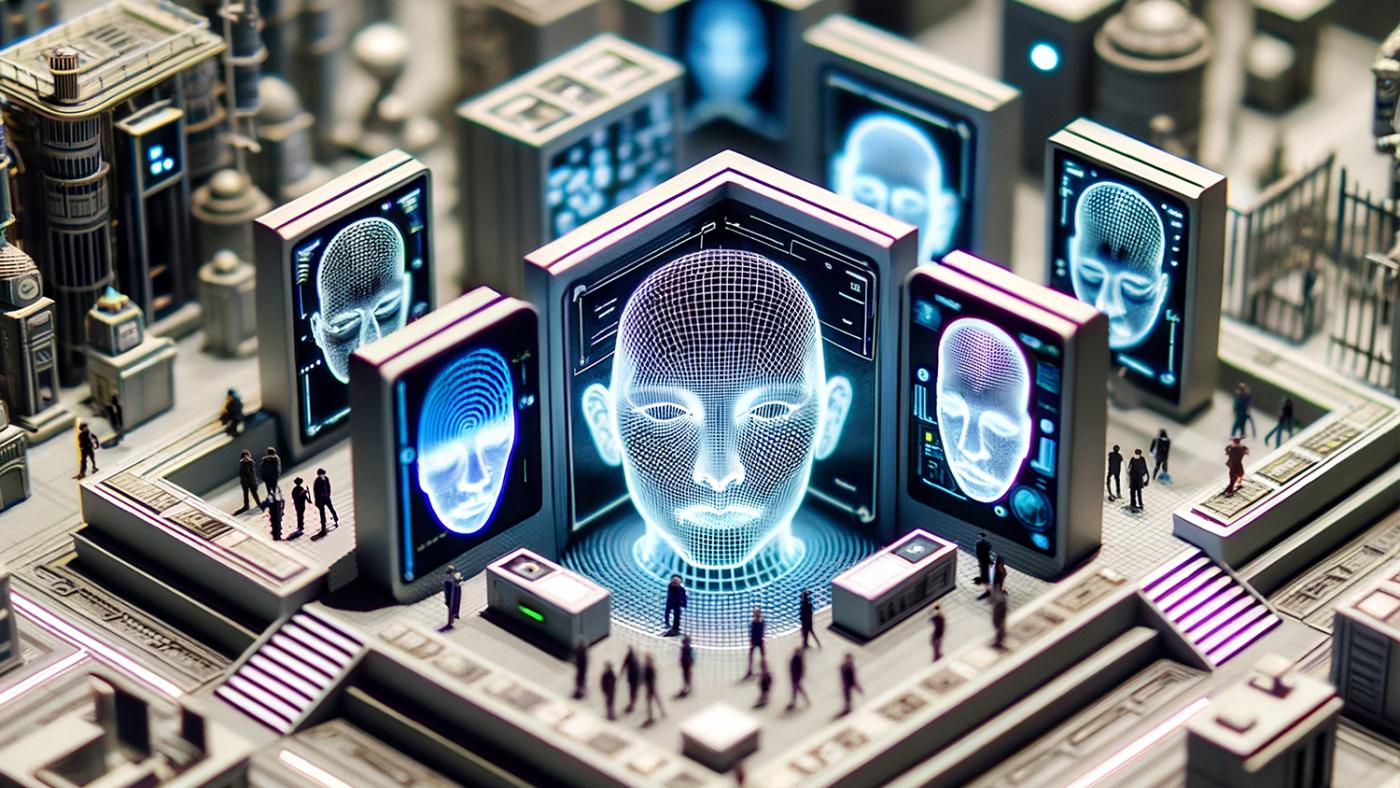Conversations about AI
UU students meet weekly to discuss the impact of Artificial Intelligence

Are AI-enabled biometric systems a blessing to security or a threat to our privacy? Will autonomous vehicles eliminate human error or exacerbate technological failures? From recommendation systems in social media to face recognition and self-driving cars, machine learning algorithms are infiltrating every aspect of social, political, and economic life.
Thomas and Will, Master’s students in Artificial Intelligence at UU, find this phenomenon not only interesting but also pressing. Since they first met in September 2022, they've been talking about how these systems will shape society and how the ongoing debate is evolving. What began as casual conversations between two friends has quickly turned into regular gatherings, attracting a larger group, now comprised of eight UU students. "We had many friends who shared our interests, so we spread the word and invited them," explains Thomas.
The students are interested in a more comprehensive picture of AI's influence across diverse fields, beyond the technical aspects they typically encounter in the classroom. "In our studies, we felt the absence of a holistic approach to AI. The technical aspects of the technology should not be disentangled from its societal implications. We are trying to bridge these discussions", says Thomas.

Biometric systems. Photo: AI-Generated Image by Shutterstock
A spectrum of themes
According to the students, starting a student-led club is appealing for various reasons, such as the autonomy in selecting the topics and content to discuss. "Each week, one of us chooses AI-related material, whether it's a book, podcast, or research paper," explains Lesley, one of the club’s members. "This week, we're exploring a brief talk from 1985 by Richard Feynman, who delves into the creation of intelligent machines. It is an interesting video because he discusses the differences between humans and machines, which are often blurred nowadays. Last week, we analysed a research paper on Fairness and Abstraction in Sociotechnical Systems by Andrew D. Selbst and colleagues. It shows how ethical solutions to algorithms cannot be studied without taking into account the social context in which the system is introduced," adds Thomas.
The group allows the students to expand their horizons beyond the study material. "During your studies, you often find yourself narrowing your focus by selecting specific courses. Through g these sorts of conversations you can broaden your interests and expose yourself to different perspectives", highlights Will.
Each member contributes a unique perspective to the group, and they learn from one another. "My fascination with technology’s impact on society started with the harms of social media and then moved towards AI ethics after the club introduced me to AI safety”, says Lesley.
Polarised Debate
Presently, the discourse on AI is polarised, with the “pessimistic” camp emphasising existential risks. Leslie admits that their discussions are frequently dominated by concerns about the future. However, they recognise the positive outcomes facilitated by AI applications. "I acknowledge AI's potential to benefit society. Yet, I'm aware that there's much we've yet to figure out and navigate regarding its implications. Something I am particularly concerned about is how algorithmic decision-making undermines human autonomy,” notes Will.
Experts hold contrasting views on whether our focus should be on the immediate problems arising from AI or its long-term implications. "These perspectives shouldn't be mutually exclusive. That's why our group aims to address both. We examine present concerns like biases in algorithms, while also contemplating future implications such as the future of autonomous weapons," stresses Thomas.